Social networks and 5G: threats to global security?
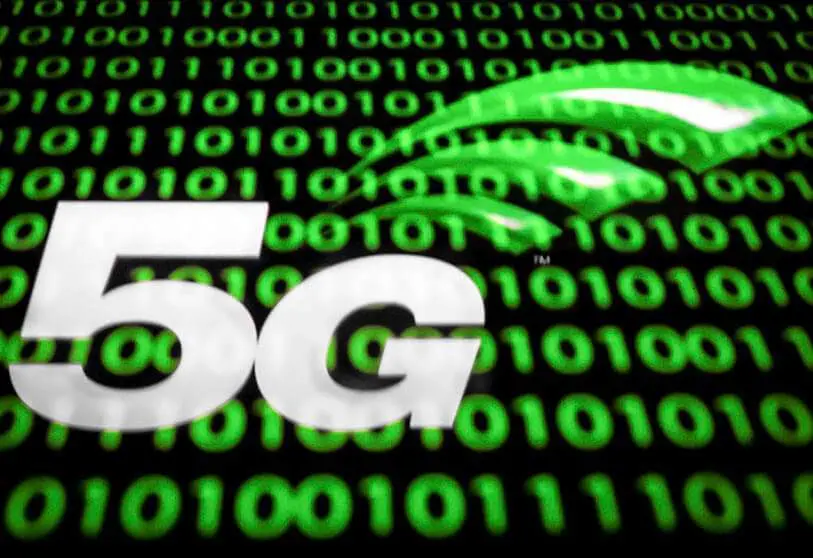
From the cybersecurity approach, some of the characteristics of social networks and the technological superiority in the construction of the 5G network become strategic resources that increase states' capabilities, modify international relations and threaten national and international security. It is therefore wise to analyse recent developments in relation to applications such as TikTok and the Huawei company as an example of the international debate that has been generated on the capabilities of cyberspace, the Internet of Things (IoT), digital applications and the 5G network as a means of gathering information, cyberspying, influencing and manipulating. Similarly, on the occasion of these considerations, it is time to reflect on how the freedom and architecture of the internet could change in the near future.
Social networks - as a consequence of their global reach, intensive use, attractiveness, easy access, reach and popularity - are applications that play a preponderant role in today's virtual and face-to-face social relations. Although they have been created with the aim of entertaining, communicating, socialising and informing, some social networks (particularly those that are widely accepted by international society) have been considered and denounced by some states as means that threaten national and international security, due to their potential use as means of gathering information, cyberpionage, influence and manipulation. In addition to this, the 5G network and the Internet are controlled for data collection, propaganda and counter-propaganda.
In this context, social networks have become an economic and political weapon, rather than a high value-added product used as a means of communication, entertainment and interaction. This highlights the militarisation of cyberspace, the fierce competition that seeks to control e-commerce, the technological race to multiply cyberpower and the use of information as an effective weapon.
It is evident from the foregoing that states, organisations and individuals use both information and cyberspace as a weapon in the digital age; and it is therefore an issue that requires a defence strategy that could call for more intensive control of the Internet in particular and cyberspace in general.
The main aim of this paper is therefore to expose some of the characteristics that make social networks and technological superiority in Internet matters strategic resources that enhance states' capabilities, modify international relations and threaten national and international security.
To this end, the cases of TikTok and Huawei are used as elements of analysis and means of comparison, which are complemented with a questioning of the relevance of freedom or control of the internet.
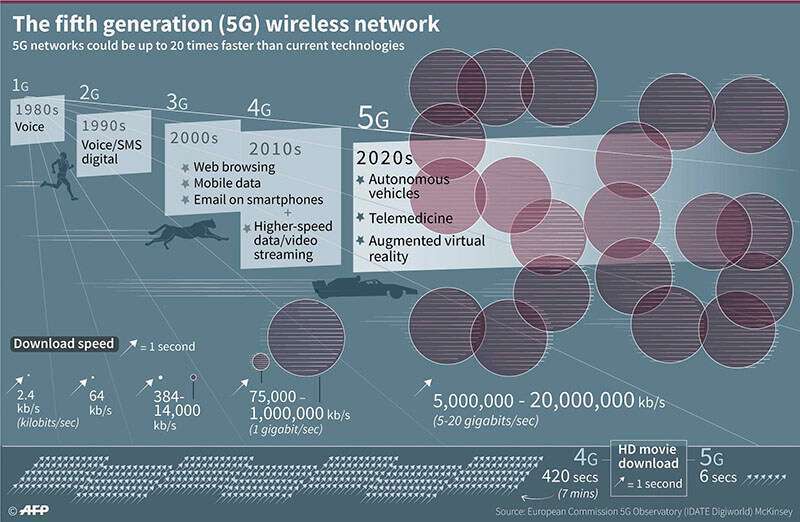
In recent months, the TikTok1 application from the Chinese company bytedance has been in the eye of the storm due to its alleged use by the Chinese government as a means of espionage, manipulation, disinformation and identity theft; such has been its impact and consideration as a means of interference that countries such as India2 have removed the application from smartphone software shops and banned its use.
Similarly, some Western democracies such as the UK, Australia and the US have considered its investigation and potential veto.
Indeed, President Donald Trump has identified TikTok as a potential national security threat, has called for censorship of its existence and use on US territory, and has asked that it be acquired by a US company within 90 days if it wishes to continue operations.
That is, at this point the characteristic of TikTok that threatens US national security could be placed in two areas: first, the economic power that has achieved such application in such a short time and which competes with that held by US companies; and, second, its ability to collect information that under China's operating conditions and regulations must be shared with the government without restriction.
To the foregoing should be added the possibilities of modifying the information contained in this application to misinform, generate the phenomenon of deepfake3 and manipulate the opinion of users; all of which impacts on the perception of reality and makes it possible to create alternative realities that would function as psychological weapons to discredit and generate political instability and ungovernability.
However, the peculiarity of the case of TikTok lies in the alternative solution mentioned by the US president, which recommends that this social network should continue to operate if it becomes the property of some US individual or collective. Will it cease to be a threat to security with the change of owner? Or, knowing its capabilities, will it be used by the buyer now against its previous owner?
It can be inferred from the above that the sale and purchase is a geopolitical move by the US government to unseat China and reduce its power.
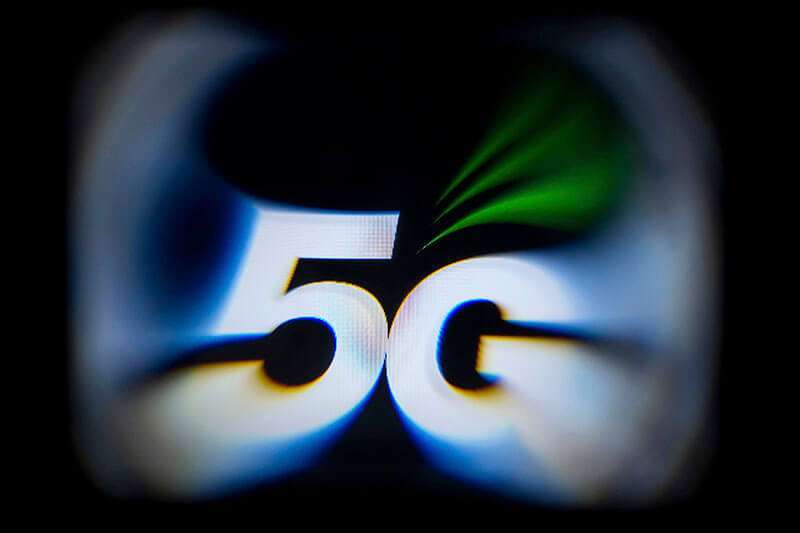
Particularly because it appears to expose conduct on the part of the Chinese government that emulates Russian ideological inferences; and it denounces the nascent collaboration in cyber defence between China and Russia. In response, almost immediately companies such as Microsoft and Twitter have stated their intention to buy TikTok. What potential do they see in this company as a generator of profits and competitive advantages that they can bring to their businesses? Will the US consider using it to obtain or increase its advantages in cyberspace?
Time will provide the answers, but it is predicted that, if necessary, they will be used as propaganda and counter-propaganda by their owners.
TikTok is the queen of short videos with a high profit margin that offers digital gifts that can be redeemed for cash as a benefit for expanding influence on the web, but because of its close relationship with the Chinese government it makes the world's administrations nervous about being a means of collecting information and impacting people's psychology. Basically, TikTok is noted for collecting a large amount of data including videos, geographic location, phone model, operating system, and writing speed; all of which are features that can also be found in applications such as Facebook, Reddit, and Linkedln among others.
Similarly, it is mentioned that TikTok is also part of the Internet censorship system set up by the Chinese government under its famous large firewall which monitors, identifies and filters any type of content it considers sensitive. Obviously, the Chinese government understands the potential of technology, innovation and the internet as a means of social control.
So is it time to be wary of applications that are popular in the world because of their analytical power and information-gathering capacity? Do all social networks threaten national and international security? What measures should be implemented to ensure the fairness of the network and social network applications?
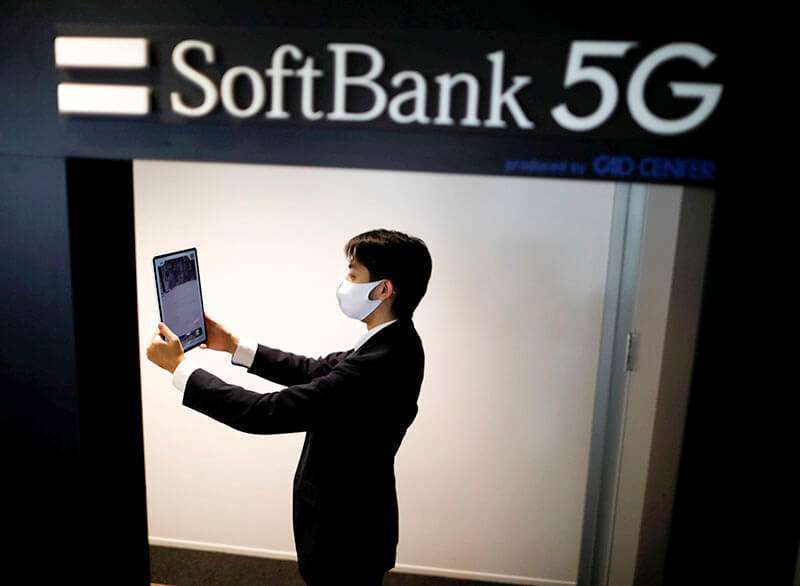
The heavy dependence on the internet that societies and governments have nurtured is the main element that concerns strategists and promotes a change in thinking. It is undeniable that both social networks and the development of technology in communications and the internet are a growing concern as means of domination and power. This allows the case of the Huawei company to be incorporated as the hegemonic potential of the 5G network.
As far as Huawei is concerned, the company of Chinese origin has been considered a threat to national security and a dominant technological potential in the 5G network infrastructure. The Chinese company is leading the race to implement the 5G network thanks to its expertise and low costs; however, this dominance has made governments nervous about leaving their communications in foreign hands. That is why different media and technology experts point out that the United States is seeking to counter Chinese domination in the construction of the 5G network by turning to its allies in the world and imposing sanctions and restrictions on the telephone and internet services company under suspicion that the Chinese company would allow Beijing to use the networks held by Huawei for cyber-spy.
However, Washington does not provide an effective alternative nor does it have a well-structured policy regarding 5G's infrastructure.

In this respect, and as a last-minute tactic, the Trump Administration has sought to acquire shares in the Nokia and Ericsson companies, which are Huawei's main rivals in 5G matters, as well as to prop up US companies such as Qualcomm or Intel, in an attempt to curb the progress and dominance of the Chinese technology company's sector4.
Again, this raises the question of whether changing companies or owners would end the influences and dubious uses of technology; or whether the actions taken are merely a matter of power struggles and show of strength in the geopolitical and strategic game of world powers.
The spread of power and knowledge emerging from the Internet and technological progress is something that concerns those who hold it, because it generates dependence and fragility. These political, economic and technological disputes will determine the degree of control and freedom of access to the internet that international society can enjoy.
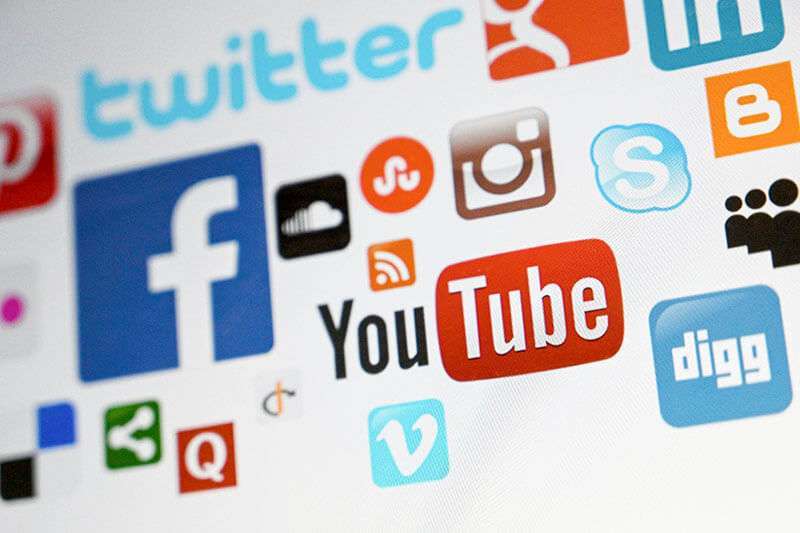
Mastery and control of social networks, the internet and computer and telecommunications technologies converge in internet access policy, where there are two opposing views on internet governance. One that promotes the 'multistakeholder' model with freedom on the internet (USA and allies); and the other with a model that favours state control and censorship under the concept of sovereignty in cyberspace, proposed by China and Russia.
These differences seem to emulate those existing in the political, economic and military spheres, generating an environment of competition to gain control of the internet and amplify the geopolitical importance of cyberspace.Today it seems that the Chinese-Russian model has taken the lead.
The advance of the vision of a more controlled cyberspace based on the approach of sovereignty in cyberspace is the result of the little interest presented by the Trump Administration not only in continuing to promote freedom on the internet and cyber-diplomacy, but also of the failure to guarantee national cyber-security.
In this sense, for example, the actions taken by the US president to control Chinese technology companies and social networks that do business in the US via the internet contradict his position in favour of an unrestricted internet. The above is evidence that the US has realised that, under certain conditions, freedom in cyberspace and its global reach is detrimental even to its own interests.
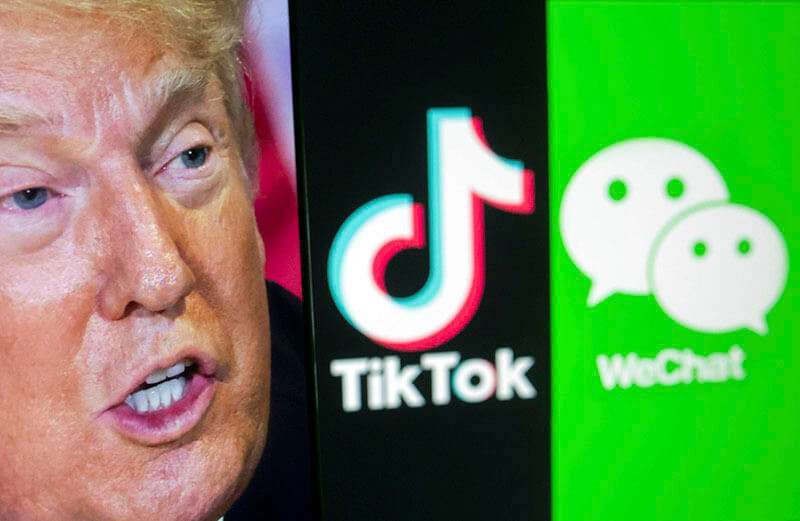
The USA is experiencing a boomerang effect on the issue of the opening up of cyberspace, as it was a promoter of freedom in internet thinking of taking advantage of it without considering that it could be a victim of its own decisions. The US has realised that an internet with few controls allows antagonistic groups and individuals to threaten its security, its economy and its political stability.
In recent months, some of these adverse events have escalated the political-commercial confrontation with China and increased economic, technological and legal sanctions on some of China's citizens, leaders and companies; this has generated a mirror response from the Chinese government.
Indeed, the US's indifferent and even negligent attitude to addressing issues of cyber-diplomacy and Internet freedom has spurred greater Chinese-Russian cooperation in cyber-security and defence issues. This should be regarded by the US and the world as an indicator of the progress of the vision of sovereignty in cyberspace, of the understanding that exists between Moscow and Beijing to counter US influence in the region, and of the existence of a potential area of both commercial and political-military conflict.
Under current conditions, control not only of the Internet or social networks but also of cyberspace and its technology is taking on unprecedented geopolitical importance as a means of trade, as an instrument of influence, as a catalyst of technological progress and as an essential element of cyberpower.
This is why cooperation in cyber defence between Russia and China should be observed with great care, as it enables strategic thoughts to be interwoven that favour unrestricted actions and the power of information.
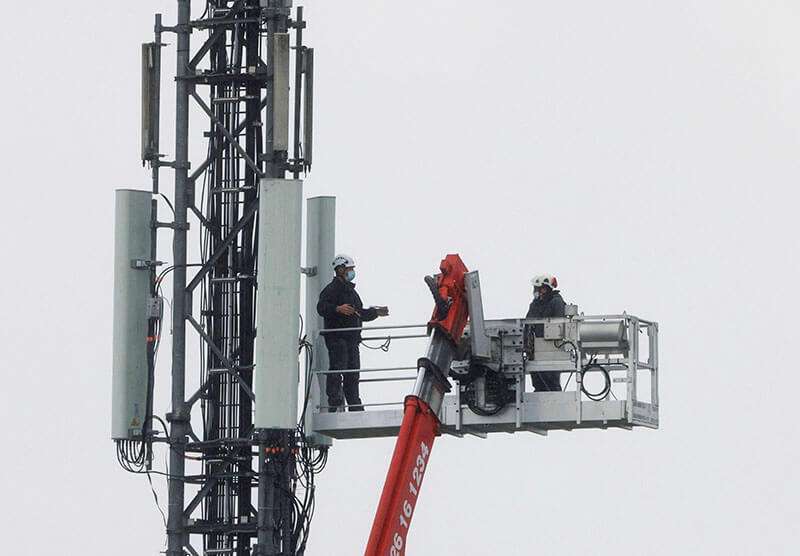
TikTok performs information gathering and content transmission functions similar to many other social networks that question their innocuousness and expose their power as means of social control and influence; and make social networks effective weapons to create alternate realities and advance geopolitical goals.
States must therefore regulate and control the operation of all of them or at least become aware of their power to influence - the Trump Administration has taken a step forward by requesting that it be sold within ninety days - based on national security considerations and their potential to generate conflicts of a binational, regional or global nature disguised as trade disputes, the safeguarding of sovereignty in cyberspace or the protection of human rights.
Adverse events against various companies and the US government itself suggest that the doctrine of internet freedom has failed and strategists must reflect on whether it should continue as a policy governing US action in cyberspace. It can be said that this position favouring freedom on the internet worked well while the US had the political, technological and e-commerce superiority; but today, that there are strong competitors in other latitudes, it must be revised.
Social networks and technology have a dual use; they are both catalysts of development and tools of power. There is no doubt that states, organisations and individuals use both information and cyberspace as weapons in the digital age; and, therefore, governments must adopt a strategy that regulates the proper use of the internet in particular and cyberspace in general.
In conclusion, social networks and technological superiority are strategic resources that increase power, modify international relations and threaten national and international security, but which respond to the needs, objectives and strategies of human beings.
Undoubtedly, today, thanks to the large amount of information generated on the web, technology companies and those that create applications are becoming relevant in the geopolitical games of the 21st century due to the level of control they can hold and generate for states.
Adolfo Arreola/Universidad Anáhuac, México
1 - Tik Tok (known as Douyin in China, as it is the sister company) is a social network or application that allows short videos to be made with creativity in order to share cheerful and funny moments. It has offices in various cities around the world and was created in 2016.
2 - Ironically, in India the application was extremely successful and had nearly 700 million downloads.
3 - A form of video information manipulation based on artificial intelligence that combines forgery with in-depth learning to edit fake videos that are very credible and difficult to identify.
4 - For more information see the websites: https://www.eleconomista.es/telecomunicaciones-tecnologia/noticias/10128287/10/19/EEUU-ve-en-Nokia-y-Ericsson-la-unica-oportunidad-para-frenar-la-hegemonia-de-Huawei-en-las-5G.html and https://www.eluniversal.com.mx/techbit/intel-qualcomm-y-otras-empresas-de-eu-tambien-vetan-huawei

